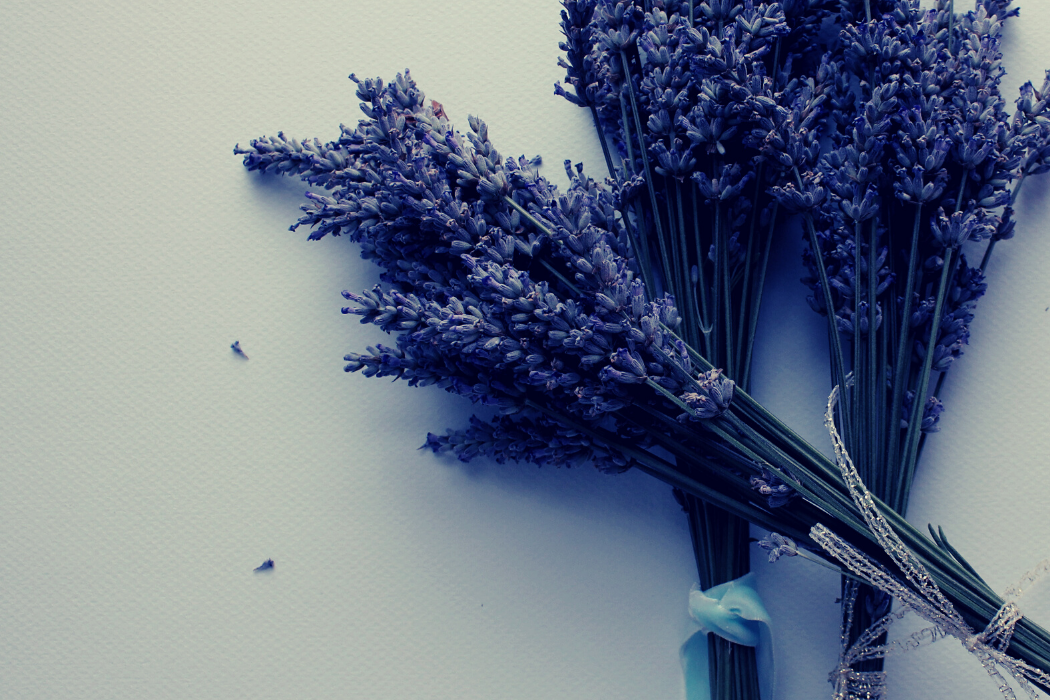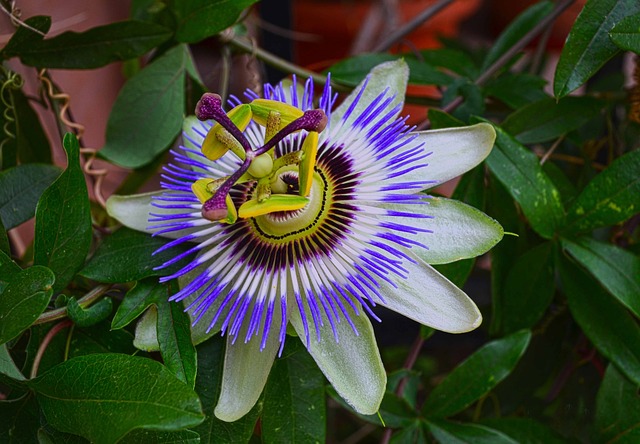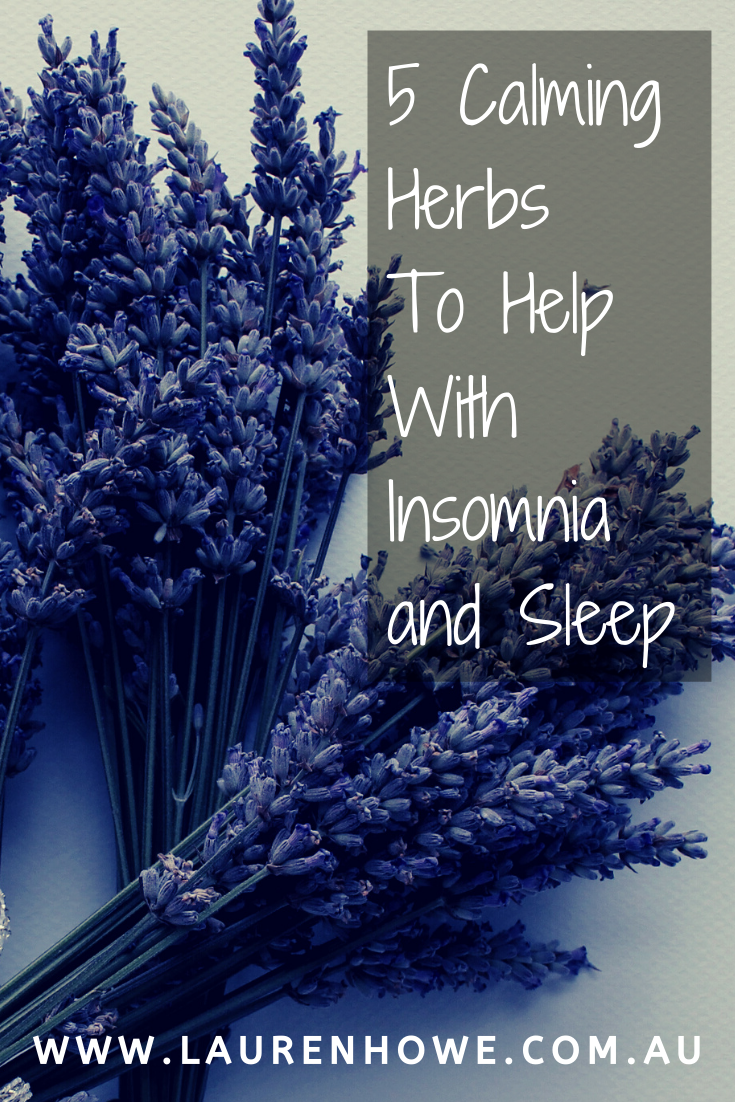Getting the right amount of quality sleep every night is vital for good health.
Sleep helps your brain and body function properly. Insomnia has been shown to negatively impact attention, memory and cognitive function.
Furthermore, sleep quality can impact your risk of heart disease, stroke, diabetes and obesity, as well as skin function and ageing.
Below are some of my favourite herbs that I commonly use to help clients with sleep problems and insomnia.
Chamomile
Chamomile is one of the most ancient medicinal herbs. Traditionally used for a variety of ailments including wound healing, gastrointestinal disorders, hay fever, inflammation, muscle spasms, menstrual disorders, and not to mention insomnia and anxiety.
There are two varieties; Roman chamomile and German Chamomile.
The herb is widely regarded as a mild sedative and these effects are likely due to the flavonoid apigenin, a benzodiazepine-like compound in the flower head.
Drinking chamomile tea has been found to reduce depression and improve sleep quality in postnatal women.
Additionally, chamomile extract in capsule form has also shown positive results for treating generalised anxiety disorder and improving sleep quality among elderly people.
Cat Nip
Most of us are aware of this herbs funny effects on our feline friends. But did you know catnip can also be used to help with anxiety and insomnia in humans?
There isn’t a lot of scientific evidence at this stage to support its use as a sleep aid. Traditionally however, it was used to treat a variety of ailments including nervousness, anxiety, insomnia and gastrointestinal upset.
Catnip is a member of the mint family and has a woody, somewhat green favour. To make a tea, steep 2 teaspoons of dried herb in boiled water for 10 minutes, then add lemon and honey to taste.
Catnip is known to encourage uterine contractions. It is therefore best avoided during pregnancy or in women with heavy menstrual cycles or pelvic inflammatory disease.
Lavender
Lavender is one of my absolute favourite herbs. It has a long history of use dating back around 2500 years.
Lavender is backed by a robust body or research demonstrating its effectiveness as a anxiolytic (reduces anxiety) and a mild antidepressant. Lavender has also proven to be particularly useful in women suffering with insomnia.
Much of the research refers to its use in aromatherapy. To benefit simply add several drops of pure essential oil to a diffuser. Lavender oil can be taken orally, however I don’t recommend this unless available in a professionally prepared supplement. Oral lavender oil has been linked to nausea and stomach pain in some cases and should be monitored by your health practitioner.
Passion Flower
Passionflower, has a long history of use by the native Americans and throughout Europe. While there are about 500 different species of passionflower, studies suggest that the Passiflora incarnata species in particular may help relieve anxiety and improve sleep.
In particular, it appears to increase levels of GABA in the brain, a neurotransmitter which has a calming relaxing effect.
P. incarnarta is more commonly known as maypop, purple passionflower or true passionflower. It is frequently found in herbal sleep supplements but is also effective when taken as a tea prior to bed.
Lemon Balm
Lemon balm is another member of the mint family of herbs that is native to Europe, North Africa, and West Asia. It’s a common ingredient in teas formulated to help with sleep, but can also be taken as a herbal tincture or in tablet form.
A small number of studies have shown promising effects on anxiety, cognitive function and also relieving stress. However, more research is need to confirm these findings.
Lemon Balm has been shown to work well when used in formulation with another herb, Valerian. This combination assisted in reducing symptoms of sleep disorder during menopause. It was also an effective treatment for restlessness and sleep disturbances in children.
If you suffer with sleep problems or insomnia, naturopathic treatment can help identify the underlying causes. For more tips on improving sleep see my post: Improve Sleep Naturally: Easy Tips for a Better Nights Rest



